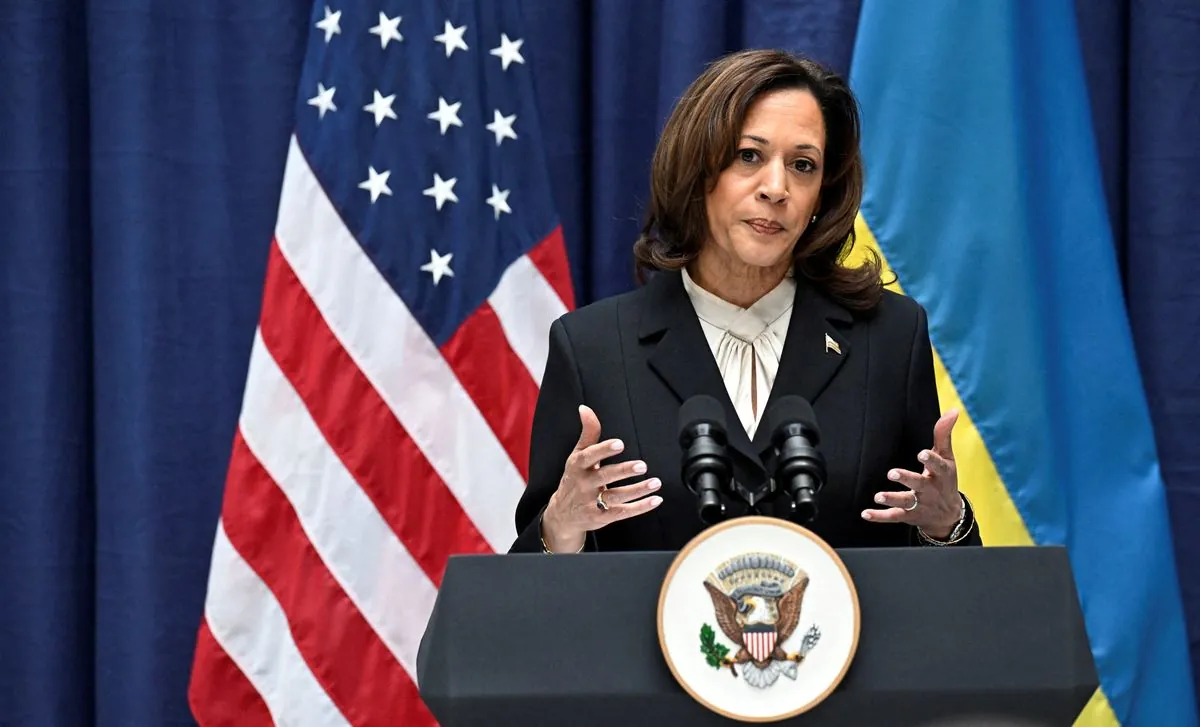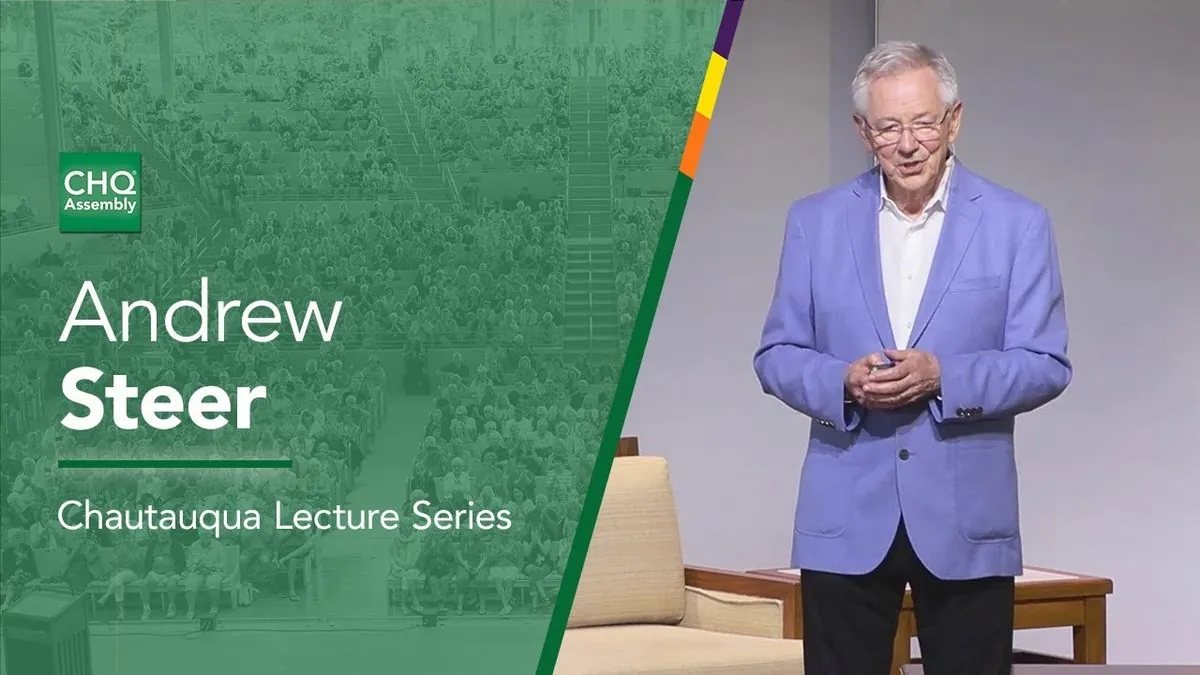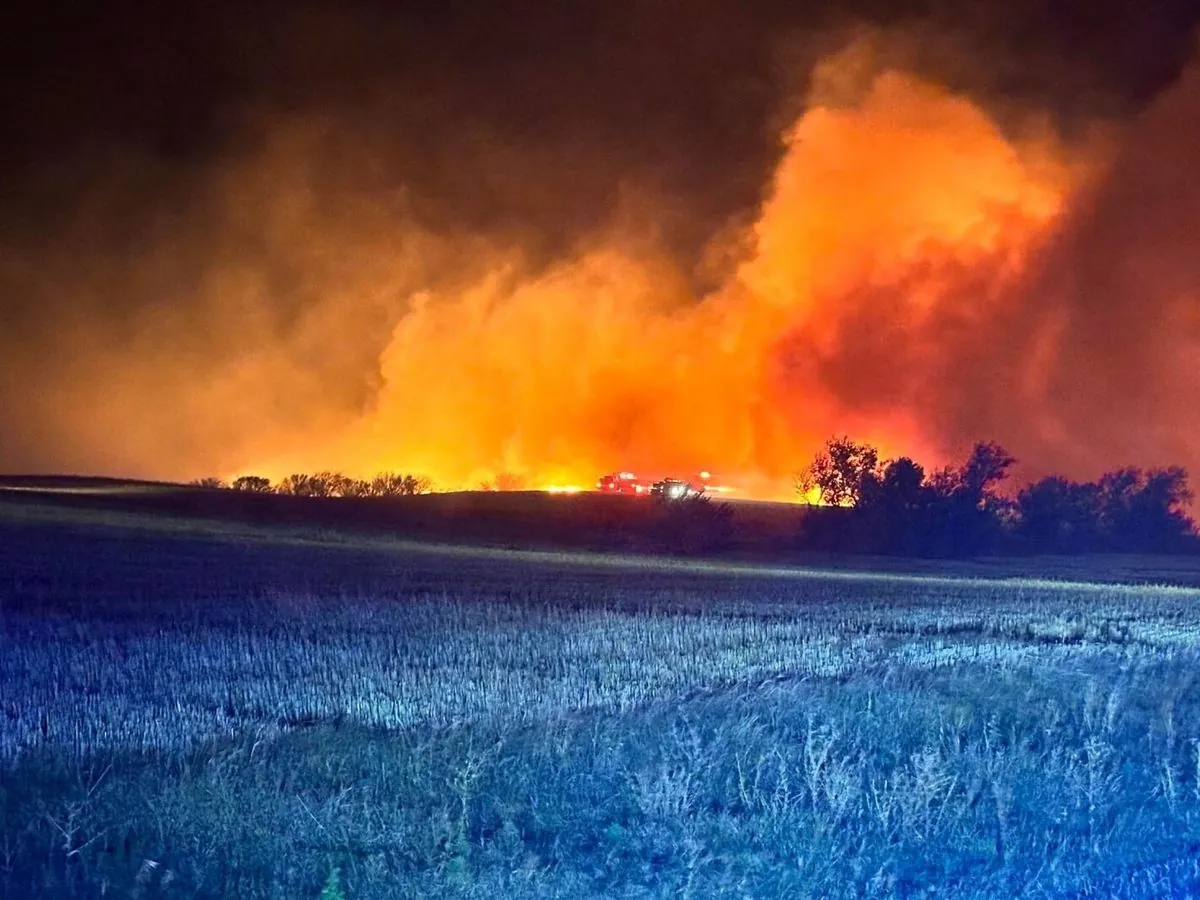Foreign Powers Target U.S. Congressional Races in 2024 Election Meddling
Intelligence officials warn of Russia, China, and Cuba's influence operations in U.S. congressional races. These efforts aim to sway candidates based on foreign policy interests, posing a threat to democratic processes.
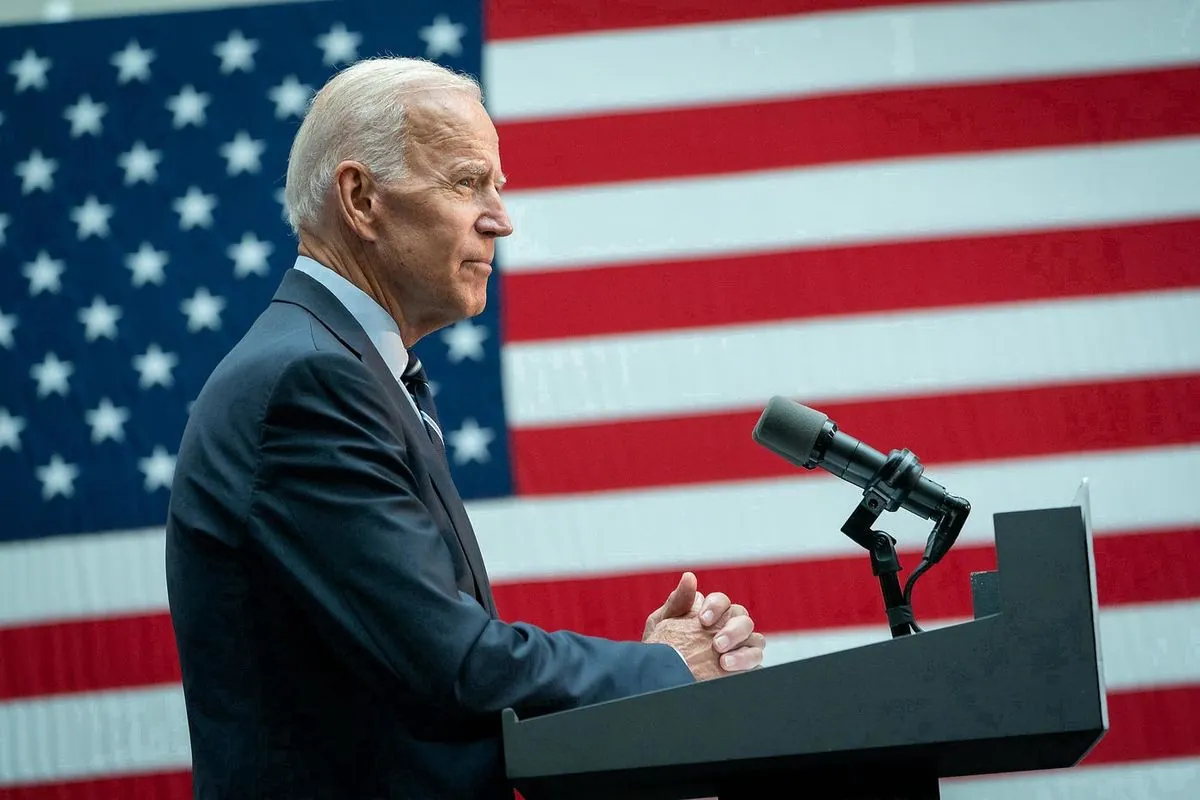
Intelligence officials have issued a stark warning about foreign interference in the upcoming 2024 U.S. elections, highlighting a concerning trend that extends beyond the presidential race. Russia, China, and Cuba have been identified as key actors in influence operations targeting House and Senate races across the country.
These foreign powers are reportedly focusing on specific congressional contests where they perceive national security interests at stake. The Office of the Director of National Intelligence, established in 2004 following the 9/11 attacks, revealed that both Russia and China have launched campaigns designed to either support or undermine particular candidates.
Russia's efforts appear to be aimed at eroding support for congressional candidates who favor assisting Ukraine in its ongoing conflict. This strategy likely targets Democrats and centrist Republicans who have been supportive of Ukraine. China, on the other hand, has focused on candidates from both parties based on their stance on issues crucial to Beijing, such as support for Taiwan.
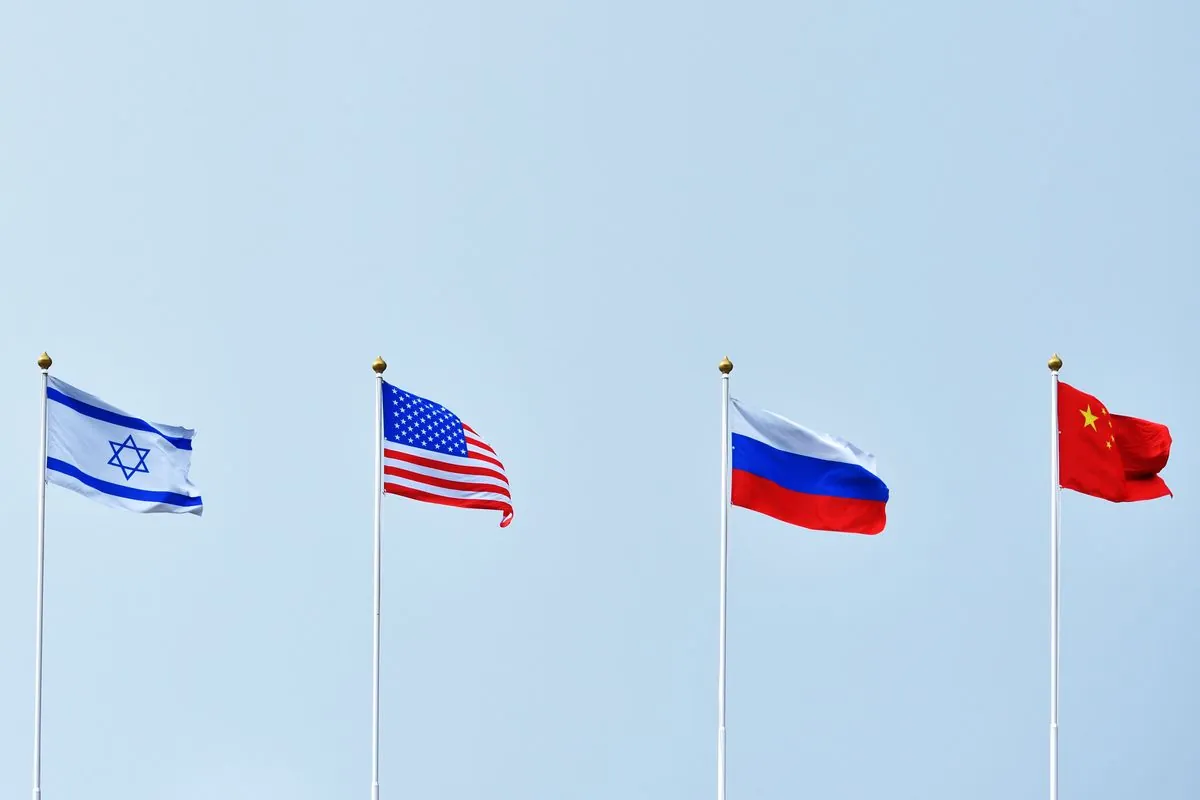
The influence operations employed by these foreign actors include the spread of disinformation and propaganda through various channels, particularly social media platforms. These campaigns often utilize networks of fake websites and social media accounts mimicking American users to amplify divisive content on contentious issues like immigration and the economy.
"There is no way a foreign adversary could alter the overall results."
While cybersecurity measures have been strengthened, with state and local authorities investing heavily in securing the vote, the threat of disinformation remains a significant challenge. The Cybersecurity and Infrastructure Security Agency (CISA), established in 2018, has been at the forefront of efforts to protect election integrity.
Intelligence officials have also noted Cuba's potential involvement, suggesting that Havana is "almost certainly" attempting to boost candidates perceived as supportive of improved U.S.-Cuba relations. This comes in the context of the restoration of diplomatic ties between the two countries in 2015 after decades of hostility.
The scope of foreign interference extends to statewide offices and state legislative campaigns, underscoring the comprehensive nature of these influence operations. To counter these threats, intelligence officials have been providing defensive briefings to potential targets, with the number of such briefings tripling compared to the previous election cycle.
It's important to note that foreign interference in elections is not unique to the United States and has been observed globally. The use of artificial intelligence in creating deepfakes has further complicated efforts to maintain election integrity. In response, many social media platforms have implemented policies to combat disinformation, while proposals like the Honest Ads Act aim to increase transparency in online political advertising.
As the 2024 election approaches, with control of the House and Senate potentially decided by a handful of races, the threat of foreign interference looms large. The decentralized nature of the U.S. election system, with each state managing its own elections, presents both challenges and opportunities in safeguarding the democratic process.
While foreign governments have denied accusations of election interference, the evidence suggests a growing sophistication in their approaches. As voters prepare to cast their ballots, awareness of these influence campaigns and critical evaluation of information sources remain crucial in preserving the integrity of American democracy.































